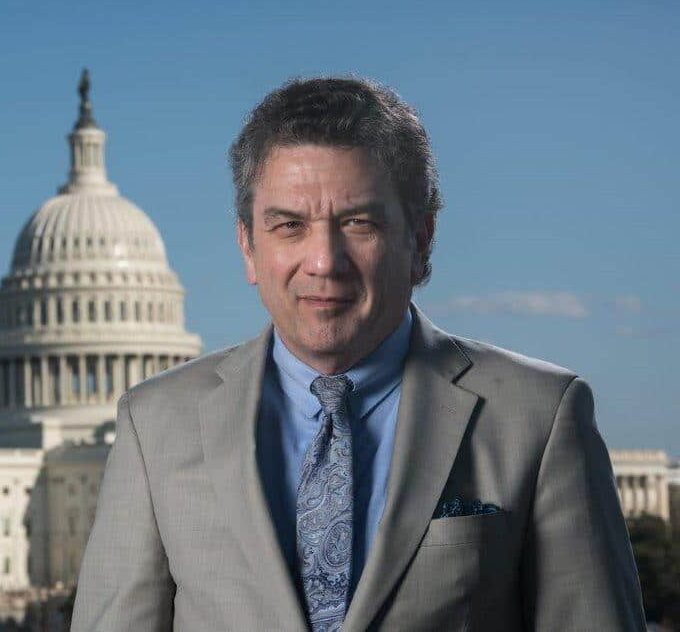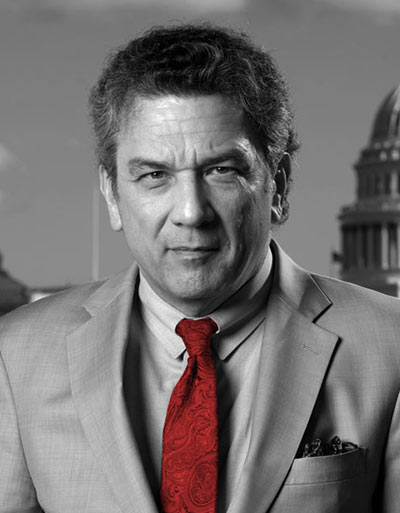Public Corruption, Bribery & Hobbs Act
Public officials, politicians, and the business executives who regularly deal with them are all at risk of being investigated for or charged with violations of federal bribery and corruption statutes, including the Hobbs Act, and honest services mail and wire fraud statutes.
I have successfully represented clients exposed to these charges in various phases of the federal criminal justice process.
Experience and a Track Record of Success
- Several of my clients were questioned in the FBI’s high-profile Congressional corruption probe of former Majority Leader Tom DeLay. No charges were filed against any of these clients.
- A Delaware federal grand jury indicted my client, an elected official, on multiple Hobbs Act felony counts, which could have resulted in several years of federal prison time. The government offered a misdemeanor tax plea 10 days before trial. The client pled guilty to the tax misdemeanor and the court sentenced him to three years probation. The government dismissed all felony charges at the sentencing hearing.
- A Department of Homeland Security customs official was convicted of bribery and attempting to harbor an alien. He hired me after the trial to handle the appeal. The official’s harboring conviction was overturned by the U.S. Court of Appeals for the 3rd Circuit. I wrote the appellate brief and argued the case at the 3rd Circuit.
- A federal law enforcement agent was targeted for false statements and other alleged criminal improprieties by the U.S. Attorney’s Office for the Eastern District of Virginia. I was hired weeks before the indictment was expected to be returned. I convinced the assistant U.S. attorney in charge of the case that all the accusations of criminality were groundless. The case was declined.
Bribery and Public Corruption
Most public corruption cases involve allegations that a public official solicited or received a bribe, kickback, or gratuity “in return for” or “in connection with” some official action, or that a person offered or gave such a bribe, kickback or gratuity to the public official “in return for” or “in connection with an official act.” A bribe or gratuity does not have to be given or received — the promise alone is usually enough to constitute a crime.
Even if a public official corruptly accepts money for an act he would have taken anyway, he still may be guilty under federal bribery and public corruption statutes.
The intricacies of these federal public corruption statutes, and the subtle defenses available through U.S. Supreme Court case law, require sophisticated legal representation at the earliest possible stage.
What Is the Hobbs Act?
The Hobbs Act was originally intended to prosecute racketeering during labor-management disputes, but has been used for years to prosecute charges of public corruption under the legal fiction that bribes, kickbacks, and gratuities given and received “under color of official right” amount to “extortion” affecting interstate commerce. The Hobbs Act is a favorite tool of prosecutors because it often allows them to pursue longer sentences than are available through other federal public corruption and bribery statutes.
Honest Services Fraud
Individuals can also be prosecuted for the theft of their own honest services from the government or from a private employer, as long as the U.S. mails or interstate wires are used in connection with the alleged theft of honest services. Examples include:
- A government official who awards contracts to an immediate family member without disclosing this conflict of interest
- A public official who receives a stream of gifts simply for being a public official and not for any particular act
- A company employee who takes advantage of an outside business opportunity without first informing his employer
- An executive who violates his company’s conflict of interest policy through any conduct involving use of the mails or interstate wires.
Honest services mail and wire fraud charges, like conspiracy charges, are among the favorite weapons in the federal prosecutor’s arsenal, because the concept of honest services fraud is broad enough to cover all kinds of conduct that the government disfavors. And if a federal prosecutor is after you and cannot find a real crime to charge you with, he is likely to seize on honest services fraud as an easier method of getting you out of the way.
The United States Supreme Court recently scaled back the reach of honest services fraud prosecutions with its opinion in Skilling v. United States. Unfortunately, the Court did not rule the honest services fraud statute unconstitutional, and we have seen continued aggressive use of this tool by the government. I am always prepared to protect your rights throughout the course of a public corruption investigation.
Contact a Public Corruption Defense Attorney
To arrange a consultation about allegations of public corruption, bribery, honest services fraud, or Hobbs Act violations, feel free to contact me, white collar criminal defense attorney Solomon L. Wisenberg, online at the Washington, D.C., office of Nelson Mullins Riley & Scarborough, LLP.
You may also call me at 202-689-2922 (direct dial) or 202-257-7846 (cell phone).



